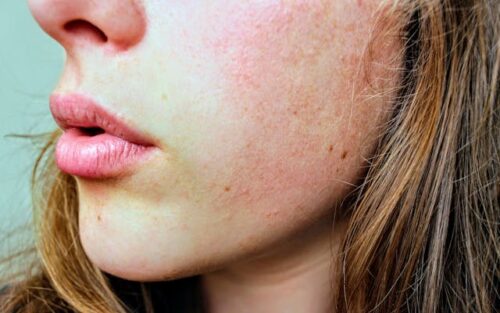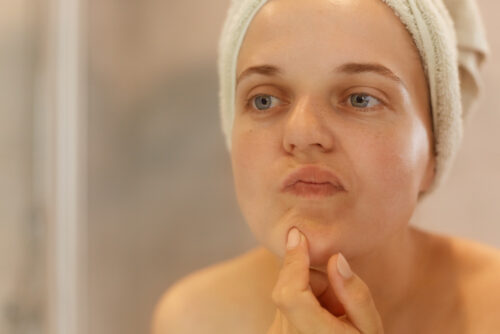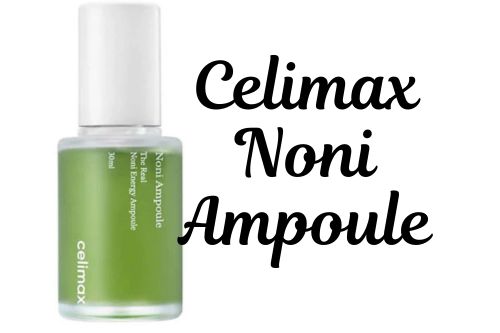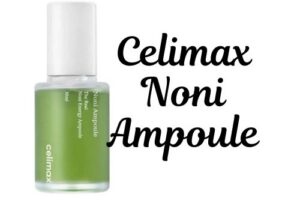How to manage Redness and Irritation
Why Redness Occurs in Sensitive Skin
Redness can be a frustrating and common issue for those with sensitive skin, often showing up on the cheeks without any pain or itchiness. So, what’s behind this unwelcome flush?
For many, the culprit lies in the body’s immune response. When the skin faces frequent irritations or flare-ups, the body reacts by expanding tiny blood vessels, known as capillaries. This increased blood flow can make your cheeks appear redder than usual, and unfortunately, once this cycle begins, it can be hard to break.
In sensitive skin, these capillaries may stay dilated longer due to repeated inflammation, leading to that persistent redness. It’s like your skin is stuck in a state of alert!
Additionally, a weakened skin barrier can contribute to this issue. When the barrier isn’t functioning properly, it struggles to keep out irritants and allergens. This can lead to more skin problems, which in turn exacerbates the redness.
Understanding why redness occurs is crucial for managing it effectively, so let’s explore some strategies to help soothe and calm your sensitive skin!
[common causes of skin irritation]
| Causes | Description |
|---|---|
| Environmental Stressors | Harsh weather can lead to skin dryness and irritation. |
| Hormonal Changes | Fluctuations, especially in women, can weaken the skin barrier. |
| Product Ingredients | Avoid products with fragrances and harsh chemicals that can exacerbate irritation. |
| Allergens | Certain foods or skincare ingredients may trigger allergic reactions, causing redness and discomfort. |
| Skin Conditions | Conditions like rosacea, eczema, and psoriasis can lead to persistent redness and irritation. |
Importance of the Skin Barrier
The skin’s outer layer, known as the stratum corneum, plays a vital role in maintaining moisture and protecting against external irritants. Think of it as your skin’s first line of defense!
To keep this barrier functioning well, it must maintain its structure. A healthy skin barrier consists of layers of cells filled with natural moisturizing factors,
such as…
・amino acids
・ceramides
These components work together to lock in hydration and keep irritants at bay.
When the skin barrier is disrupted, the risks of dehydration increase significantly. This can lead to dryness and make the skin more susceptible to irritants, ultimately heightening the likelihood of redness.
Taking steps to protect and strengthen this barrier can lead to a calmer, more balanced complexion!
Strategies for Managing Redness
[Calming Red, Irritated Skin]
- Identify the Root Cause: Understanding the specific trigger for your skin irritation is essential for tailoring an effective skincare regimen. This could include factors such as environmental stressors, hormonal changes, or product ingredients.
- Use Calming Ingredients: Look for products that contain soothing ingredients like aloe vera, chamomile, or green tea extract. These ingredients can help reduce redness and provide relief to irritated skin, promoting a more balanced complexion.
[Skincare Routine]
Choose the Right Products: Start by opting for low-irritant products, particularly those that contain hydrating ingredients like ceramides. These help to restore and maintain your skin barrier, providing essential moisture without causing irritation.
Gentle Cleansing: When it comes to cleansing, avoid harsh scrubbing. Instead, use a foamy cleanser that effectively lifts dirt without damaging your skin barrier. Rinse with lukewarm water and gently pat dry using a soft towel to avoid any unnecessary friction.
Hydration: After washing your face, immediately apply a toner to hydrate your skin. Follow this with a serum rich in nourishing ingredients, and finish with a moisturizer to seal in all that moisture. This layered approach ensures your skin remains hydrated and protected.
Sun Protection: Never skip your sunscreen! Daily use is crucial, as UV rays can weaken your skin barrier. Be sure to reapply throughout the day, and consider wearing hats for additional protection when spending time outdoors.
[Lifestyle Improvements]
Balanced Diet: Fuel your skin from the inside out by consuming regular, balanced meals rich in proteins, vitamins, and minerals. Foods like fruits, vegetables, lean meats, and whole grains can significantly support skin health and promote a radiant complexion.
Adequate Sleep: Never underestimate the power of a good night’s sleep! Quality sleep is essential for skin regeneration and overall health. Aim for 7-9 hours of restful sleep each night to give your skin the time it needs to repair and rejuvenate.
Regular Exercise: Incorporating regular exercise into your routine can be a game-changer for your skin. Not only does it help to reduce stress—which can trigger skin issues—but it also boosts circulation, delivering more oxygen and nutrients to your skin. Plus, the post-workout glow is hard to beat!
[Minimizing Irritants]
Environmental Control: To protect your skin from irritants, keep your living spaces clean and clutter-free. Regularly dust and vacuum to reduce the presence of dust mites and mold, both of which can trigger irritation in sensitive skin.
Humidity Levels: Maintaining proper humidity levels in your home can make a significant difference. Using humidifiers in dry environments helps keep your skin hydrated. Aim for an ideal humidity level of 40-60% to support your skin’s moisture retention.
Mindful Touch: Be conscious of how often you touch your face or other areas of your skin. Unconscious skin touching can lead to irritation, spreading bacteria, and aggravating existing skin issues. Try to be more mindful of your habits to help reduce unnecessary friction and irritation.














Post Comment